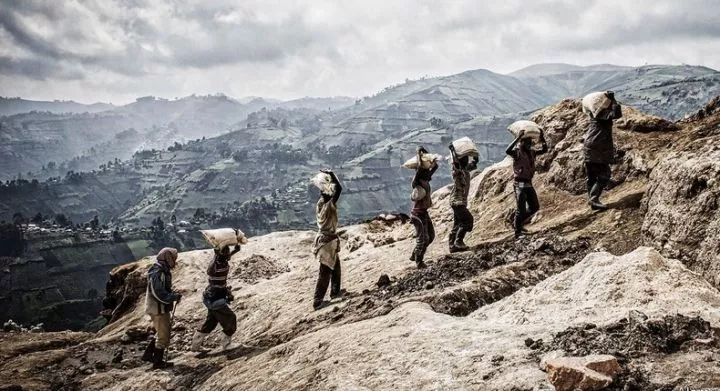
The M23 rebels seem to be preparing for a prolonged occupation of mineral-rich areas in eastern Democratic Republic of Congo, according to a United Nations report released on Wednesday.
Since April, the M23 has captured several towns in Congo with alleged support from Rwandan forces, the report states.
The group has established parallel government structures to dominate critical mining sites and trade routes. Rwanda, however, denies backing the rebels and asserts its commitment to a cease-fire and ongoing peace negotiations with Congo, according to Bloomberg.
The rebels exported at least 150 metric tons of coltan to Rwanda last year, marking the largest recorded disruption of the Great Lakes Region's mineral supply chain, according to the U.N. report.
The smuggling began after the Tutsi-led M23 movement, allegedly supported by Rwanda, took control of the mineral-rich Rubaya region during intense fighting in April, Reuters reported. This area is a key source of coltan, a vital component in the production of smartphones and computers.
"Fraudulent extraction, trade and export to Rwanda" benefited both the M23 "and the Rwandan economy," the experts wrote. The trafficking from the area, known as Africa's Great Lakes, represents "the largest contamination of mineral supply chains in the Great Lakes Region recorded to date," according to the report.
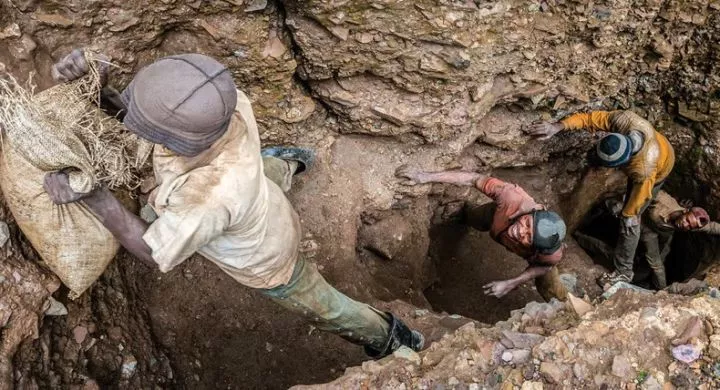
To sustain operations, the rebels doubled diggers' wages to incentivize work in Rubaya while also employing forced labour to expand roadways for truck transport.
They patrolled the town and its mining sites, enforcing strict control to ensure that minerals were sold exclusively to authorized traders from Congo and Rwanda, the report added.
The situation presents a significant challenge for technology manufacturers, who face increasing pressure to ensure their products are free from conflict-sourced metals, particularly from regions like eastern Congo.
In December, Congo escalated the issue by filing criminal complaints against Apple subsidiaries in France and Belgium, accusing the tech giant of incorporating conflict minerals from Congo into its supply chain.
Apple has denied the allegations, maintaining that its suppliers are explicitly prohibited from using minerals sourced from Congo or Rwanda.

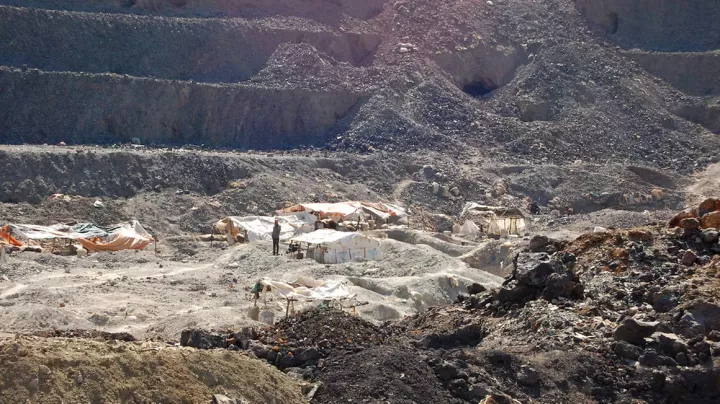
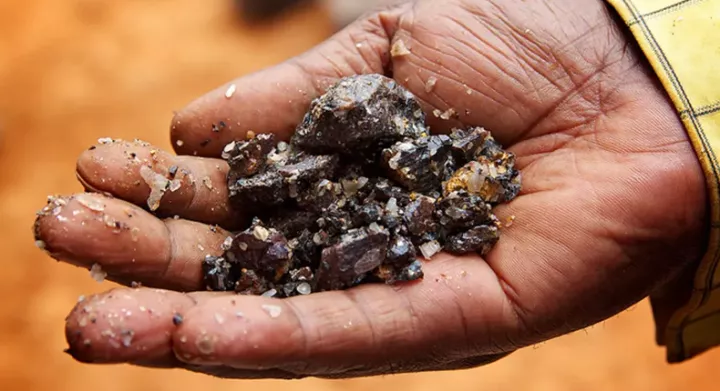
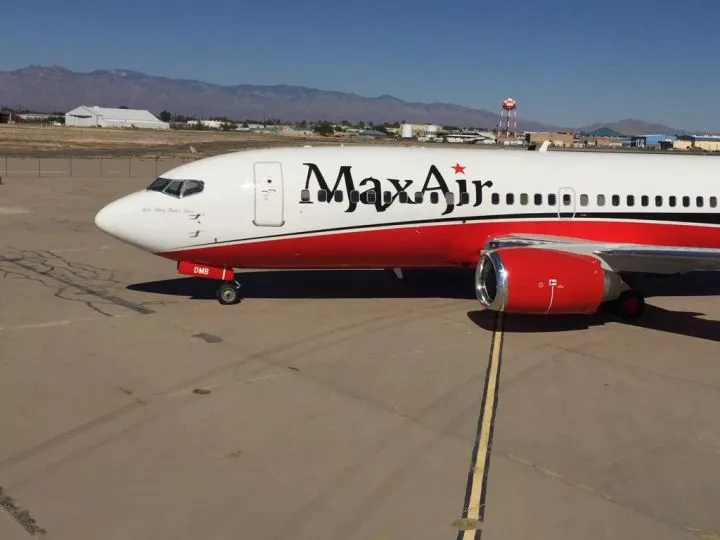
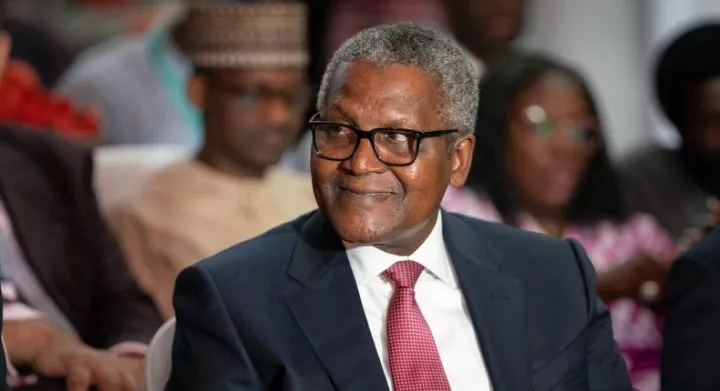
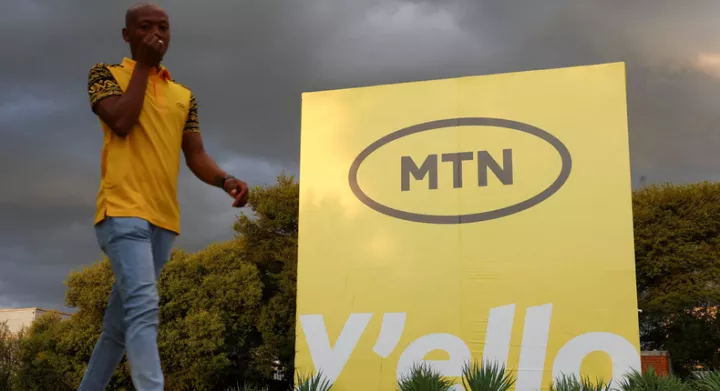
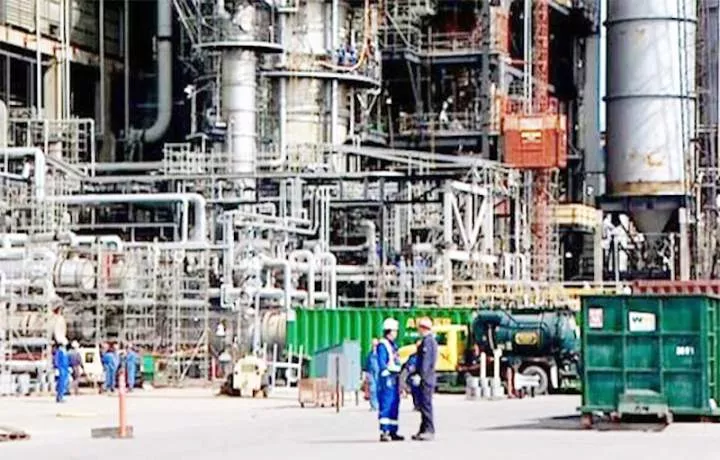
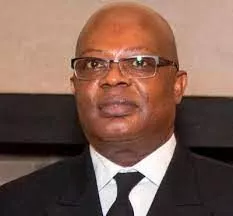








Comments